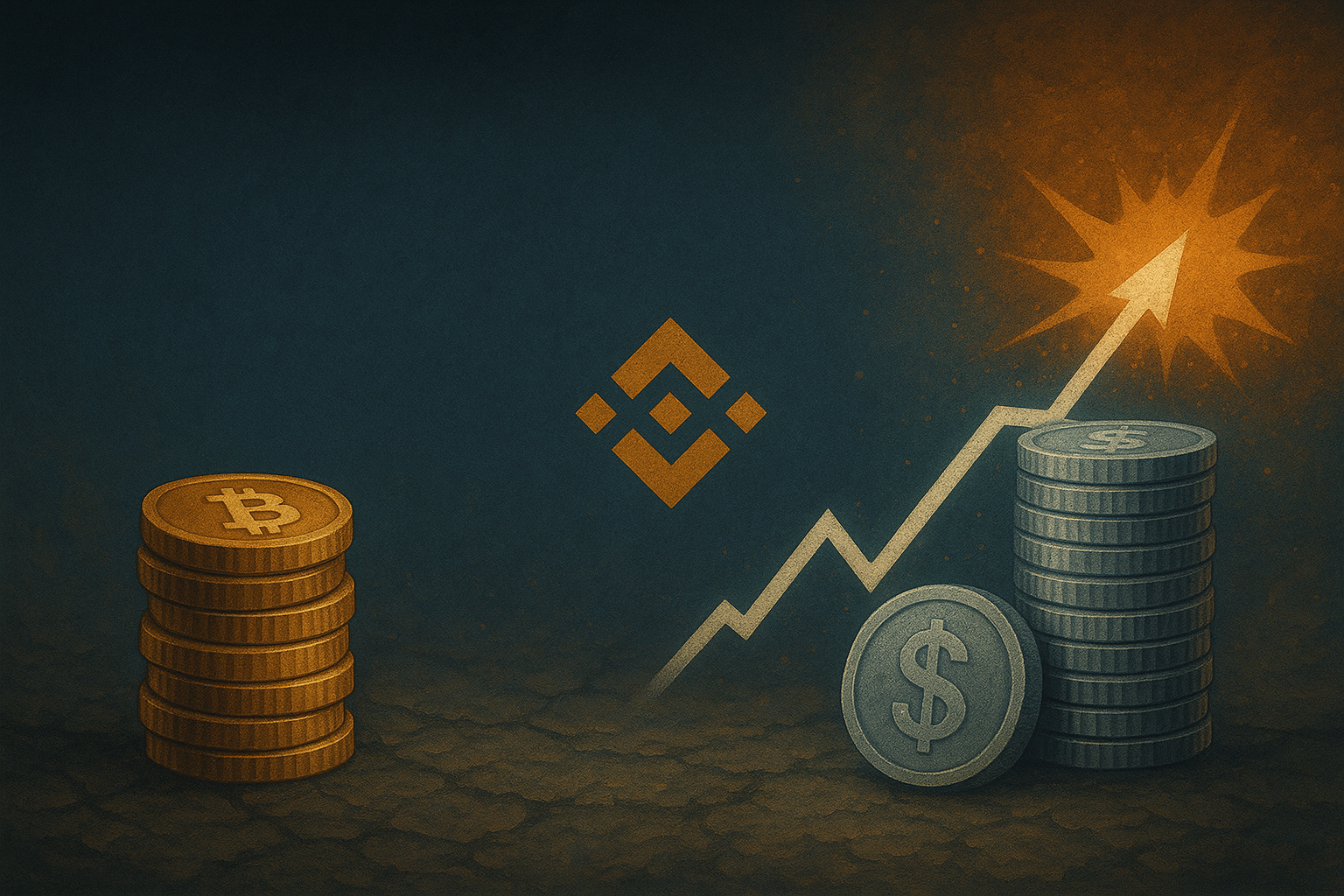Adani fallout could have political implications for India in the longer term, economist says
Political implications from the Adani fallout could be far reaching for India despite the short-term concerns over governance issues, says one economist.

Indian billionaire Gautam Adani's rapid downfall has sparked renewed scrutiny on the tycoon's close ties with India's Prime Minister Narendra Modi.
Punit Paranjpe | Afp | Getty Images
The fallout from the Adani Group turmoil could have political implications for India, said a chief Asia Pacific economist at Natixis.
While corporate governance issues affect countries globally, what is different about the Adani case for India is that its "highly political," Alicia Garcia Herrero told CNBC's "Squawk Box Asia" on Tuesday.
This is especially true now, she noted, since the country's Supreme Court has launched an investigations into the Adani Group's allegations.
Indian billionaire founder Gautam Adani has been under scrutiny after allegations in January from U.S. short-seller firm Hindenburg Research that accused the Adani Group of companies of fraud.
The Adani Group has denied any wrongdoing, but it did not stop the market rout that wiped out roughly $140 billion in market value from the seven largest listed companies under the conglomerate. Adani, India's top industrialist, has since lost his crown as Asia's wealthiest man.
Investor concerns over Adani's governance problems will likely be short term, said Herrero.
However, the long-term political fallout for India remains to be seen, the economist said. Given the close ties between Adani and Prime Minister Narendra Modi, its still unclear whether the turmoil could hurt the Indian leader politically, Herrero said.
The picture could be get further complicated by India's G-20 presidency this year.
"I would argue, if things have to be pushed further and there [are] closer linkages, in terms of how this falls out with Modi — it can become highly difficult, given the G-20 and of course, in the run up to the elections," said Herrero.
"That's why we need to watch because it goes beyond the group in a way" in terms of "what the consequences for India might eventually be," she noted.
Under probe
Her comments come after India's Supreme court last week formed a panel to investigate if there were regulatory failures related to allegations against the Adani Group, after the Hindenburg report.
India's top court also directed the country's markets regulator, the Securities and Exchange Board of India, to probe "whether there was any manipulation of stock prices in contravention of existing laws," the court order said. SEBI was ordered to conclude the investigation in two months and file a status report.

Adani's fall has sparked renewed scrutiny on his close ties with Modi. Both men hail from India's Western state of Gujarat. Adani was an early supporter of Modi's political aspirations and championed the Indian leader's growth vision for the country.
Last month, billionaire investor George Soros said the Adani turmoil will greatly weaken Modi's grip on power and lead to a "democratic revival" in the country.
"Modi and business tycoon Adani are close allies; their fate is intertwined. Adani Enterprises tried to raise funds in the stock market, but he failed," Soros said at the 2023 Munich Security Conference.
"Adani is accused of stock manipulation and his stock collapsed like a house of cards. Modi is silent on the subject, but he will have to answer questions from foreign investors and in parliament."
The Adani Group did not respond to CNBC's request for comment.
Investor interest
Given the political overtones of the Adani case, "we are seeing very different behavior across the investor landscape," said Herrero. Sovereign wealth funds in the Gulf and the U.S. seem to be more in favor of the embattled Adani Group, she added.
"We have sovereign wealth funds … basically in a way supporting, certainly in the Gulf. And then we have specific investors in the U.S. as we just heard," said Herrero. She was referring to the recent investment by U.S.-based GQG Partners, which purchased shares worth $1.87 billion investment in four Adani portfolio companies.

Rajiv Jain, the co-founder and CIO of GQG Partners, which has $92 billion of assets under management as of end-January, told CNBC his company was betting on the Adani group, despite the ongoing turmoil.
"Controversy is part of how you get better returns," Jain told CNBC in an exclusive interview.
When asked about India's Supreme Court ordering an investigation into Adani's business, Jain said the regulatory risk was "low."
"Business regulation tends to be a risk … nothing is a zero probability, but I think it's a low enough probability for us to invest."
— CNBC's Seema Mody contributed to this report

 Konoly
Konoly 
































